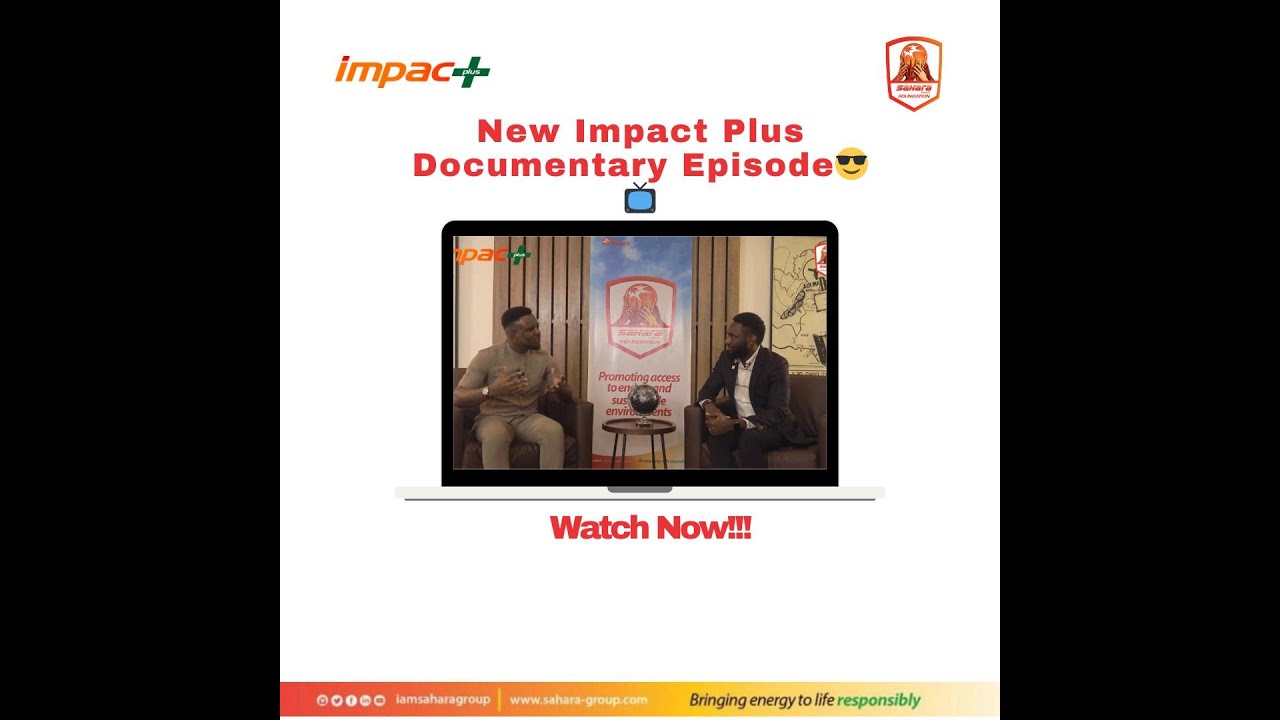Everyone is bothered with robotic workers taking over the workforce, but no one is bothered about the toll they are taking on our energy use, natural resources, and our environment at large.
There are no doubts that these inventions would transform our economies and probably transform the look of businesses in years to come by but the question remains “what impact will all this have on energy use, natural resource use, and the environment”?
Robotics are designed to create a sustained environment when compared to working manually but this can only be achieved when there is proper management. However, failure to establish good management systems and environmental goals has led to severe environmental damage, especially on resource/energy use.
Some positive effects these emerging technologies could have on the environment is that Many of the innovations offer the potential to reduce emissions.
Studies have shown that these technologies could better resource-use efficiency, as long as it does not trigger over-consumption.
However, the downsides of these technologies on our environment exist too. Some of these negative effects include :
+An increased electricity consumption, which has led to the continuous burning of fuels. Research has shown that continuous burning of these fuels has resulted in global warming, as a result of an increase in greenhouse gas emissions.
+With the Emergence of robotics, there has been a large dissociation of the labor force. If these retrenched workers are not provided with another source of income, there could be a massive migration to the rural area. The effect of this migration would be, increased use of available natural resources for livelihood purposes leading to a worse ecosystem.
+Over-dependence on rare natural resources for the production of electronic equipment could also enhance unsustainable exploitation of natural resources. Failure to address issues like this increases the challenge of recycling and waste management.
With all these being stated, one cannot out-rightly guarantee, that these new advancements in technology will automatically foster environmental sustainability. Hence it could be said that these technologies are like two sides of a coin whose outcomes are based on the intentions and skills of their users.
It is therefore advised that management systems whose duty would be to explore the pros and cons of deploying a particular technology should be established, these systems would be in charge of analyzing the effect of these technologies on our environment, emerging patterns of production and consumption, and its potential environmental and social impacts. This analysis should be guided by the global aspirations to attain the Sustainable Development Goals.
Remember that to achieve a greener and more equitable environment in an era of a digital revolution, we have to ensure these developments are not destroying our environment as its pace takes our breathaway.






